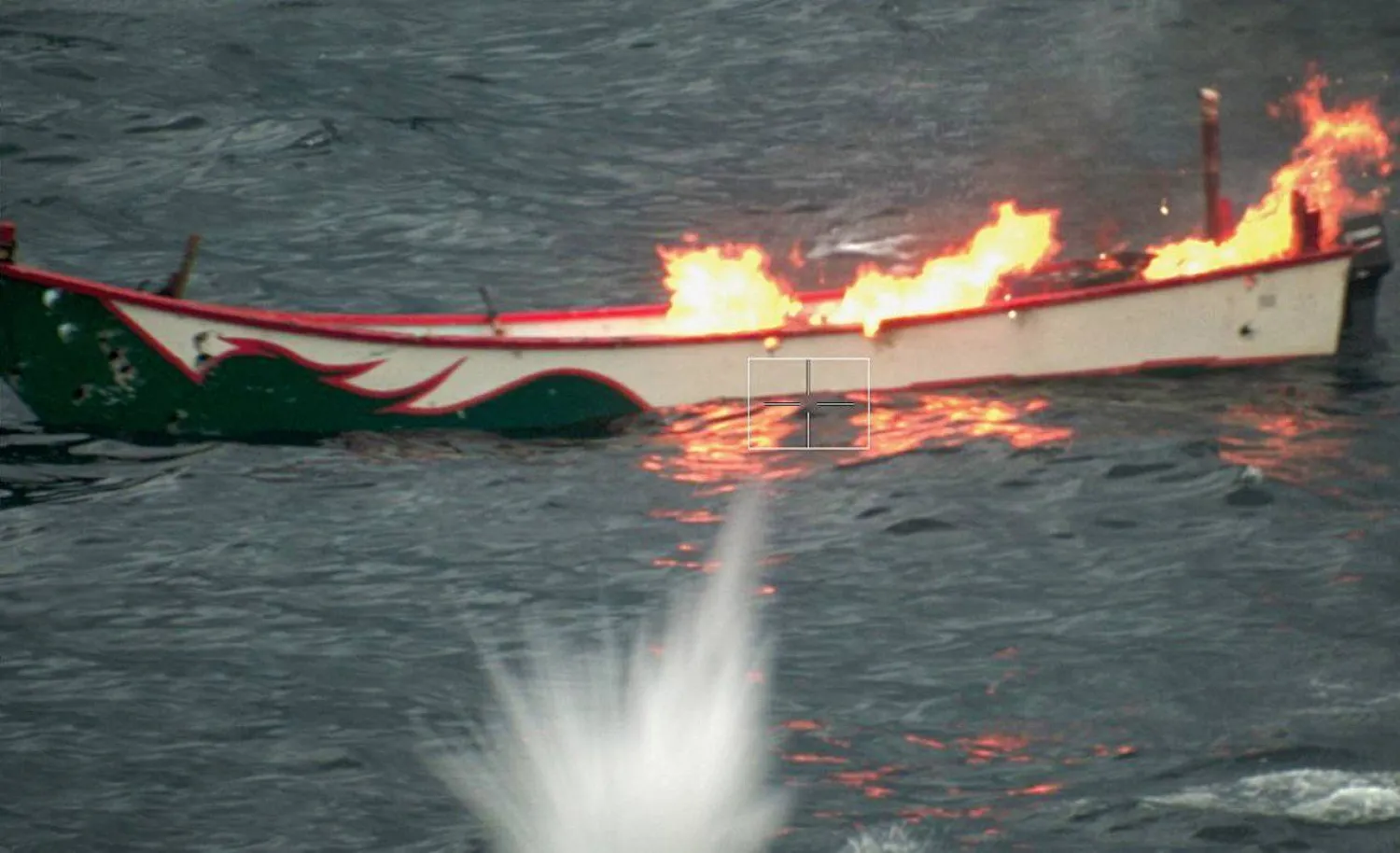A Greek-flagged oil tanker carrying 150,000 tons of crude that was evacuated by its crew after being attacked in the Red Sea now poses an environmental hazard, the EU's Red Sea naval mission "Aspides" said on Thursday.
The Houthi militias said they attacked the Sounion oil tanker, which was targeted on Wednesday by multiple projectiles off Yemen's port city of Hodeidah.
"Carrying 150,000 tons of crude oil, the MV SOUNION now represents a navigational and environmental hazard," Aspides said in a post on social media platform X.
The Sounion was the third vessel operated by Athens-based Delta Tankers to be attacked in the Red Sea this month. The attack caused a fire onboard, which the crew extinguished, Delta Tankers said in a statement.
The attack led to the loss of engine power.
Delta Tankers said it was working on a plan to move Sounion to a safer destination for further checks and repairs.
According to Reuters, the EU Red Sea naval mission said it responded to a request from the captain of the Sounion and dispatched a ship to rescue the crew to Djibouti.
British ambassador to Yemen Abda Sharif called the Houthi attacks "illegal and reckless.”
"Another Houthi attack threatens Yemen's coastline, fishing industry and environmental catastrophe. Thankfully, the crew have been rescued, but MV Sounion, carrying 150,000 tons of oil, is now stranded," she added in a post on X.









